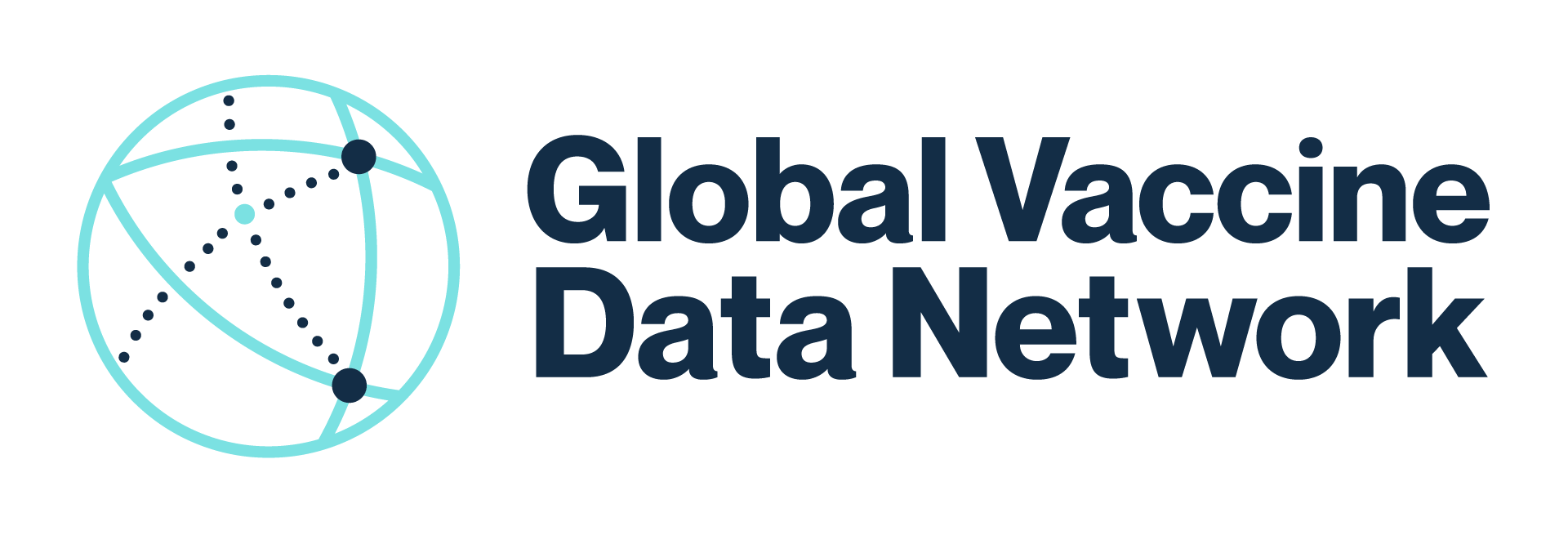The simultaneous development of so many vaccines for COVID-19 and their anticipated deployment in both high- and low-middle- income countries to meet the global need was unprecedented. If a true rare safety issue with one of these COVID-19 vaccine candidates exists, it is likely to only be detected post-introduction, when millions of people (including at risk subpopulations) will have been vaccinated.
To address the need for very large, coordinated safety assessments of COVID-19 vaccines in different populations around the world, the U.S. Centers for Disease Control and Prevention (CDC) funded* the Global Vaccine Data Network™ (GVDN®) for three-years to conduct a programme of activities. The Global COVID Vaccine Safety (GCoVS) project uses the GVDN and its Global Coordinating Centre to manage and work with the global data partners that have experience in the analyses of vaccine safety surveillance using electronic databases and vaccine safety evaluation to evaluate and compare COVID-19 vaccine safety. In August 2022, the U.S. Centers for Disease Control and Prevention granted additional funding to extend the GCoVS project by two years and expand the number of sites participating globally. The project was terminated 13 months early following a Department of Government Efficiency (DOGE) review in March 2025.
Our overall approach included several activities, most occurring simultaneously:
- Develop background rates for adverse events of special interest for each partner site and display these on a publicly available dashboard
- GVDN Background rates of adverse events of special interest following COVID-19 vaccination study protocol.
- Phillips A, Jiang Y, Walsh D, Andrews N, Artama M, Clothier H, et al. Background rates of adverse events of special interest for COVID-19 vaccines: A multinational Global Vaccine Data Network (GVDN) analysis. Vaccine. 2023;41(42):6227-38. DOI: https://doi.org/10.1016/j.vaccine.2023.08.079
- Background Rates Data Dashboard
- Develop common data dictionary for all studies
- Conduct observed over expected assessments for selected adverse events of special interest
- GVDN Observed vs. expected analyses of COVID-19 vaccine adverse events of special interest study protocol.
- Faksova K, Walsh D, Jiang Y, Griffin J, Phillips A, Gentile A, et al. COVID-19 vaccines and adverse events of special interest: A multinational Global Vaccine Data Network (GVDN) cohort study of 99 million vaccinated individuals. Vaccine. 2024;42(9):2200-11. DOI: https://doi.org/10.1016/j.vaccine.2024.01.100
- Morgan HJ, Clothier HJ, Sepulveda Kattan G, Boyd JH, Buttery JP. Acute disseminated encephalomyelitis and transverse myelitis following COVID-19 vaccination – A self-controlled case series analysis. Vaccine. 2024;42(9):2212-9. DOI: https://doi.org/10.1016/j.vaccine.2024.01.099
- Observed vs. Expected Rates Data Dashboard
- Conduct association studies for events that have been identified as likely associated with COVID-19 vaccines
- Myocarditis and pericarditis and mRNA vaccines
- Thrombosis with thrombocytopenia syndrome/vaccine-induced immune thrombotic thrombocytopenia (TTS/VITT) and viral vector vaccines
- Guillain-Barré syndrome (GBS) and viral vector vaccines
- Nasreen S, Jiang Y, Lu H, Lee A, Cutland CL, Gentile A, et al. Risk of Guillain-Barré syndrome after COVID-19 vaccination or SARS-CoV-2 infection: A multinational self-controlled case series study. Vaccine. 2025;60:127291. DOI: https://doi.org/10.1016/j.vaccine.2025.127291
- Assess risk of vaccine mediated enhanced disease
- Assess safety in pregnancy
- Conduct genomic assessments for cases and controls for myocarditis, TTS/VITT, and GBS
- Develop communications to support vaccine confidence
![]() You will need Adobe Acrobat Reader to open the study protocols.
You will need Adobe Acrobat Reader to open the study protocols.
*This project was supported by the Centers for Disease Control and Prevention (CDC) of the U.S. Department of Health and Human Services (HHS). The contents are those of the author and do not necessarily represent the official views of, nor an endorsement, by CDC/HHS, or the U.S. Government.
